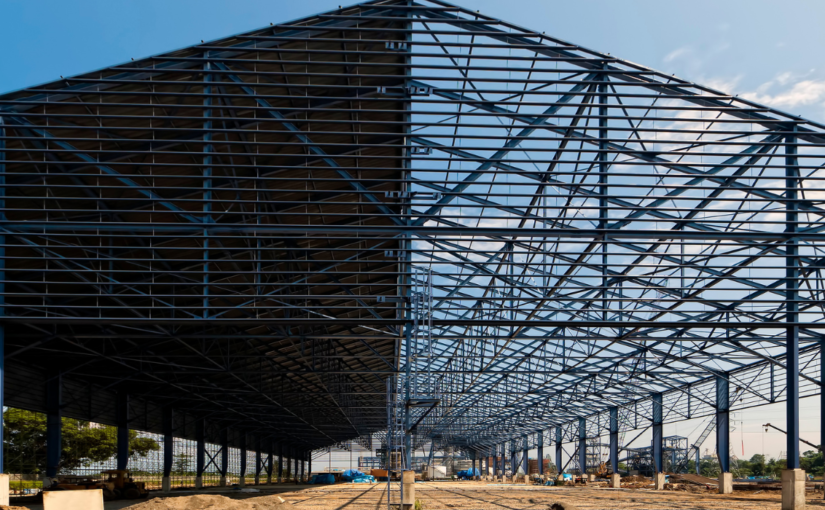back
The process of obtaining a construction loan
01-2023

It can be difficult and time-consuming to get a construction loan for a commercial property. But with the right information and planning, you can navigate the procedure and get the funding you require to continue with your project.
Finding the loan type that best suits your needs is the first step in obtaining a construction loan. Construction loans come in a variety of forms, such as conventional construction loans, construction-to-permanent loans, and mini-perm loans. It is crucial to recognize the differences and select the loan that is best for you because every type of loan has its own set of conditions and requirements.
Gathering the required paperwork is the next step after deciding what kind of loan you require. This typically consists of information about your own finances, such as your income and credit score, as well as details about the property you intend to build, such as floor plans and blueprints, as well as a comprehensive budget for the endeavor.
You must also give details about the builder or contractor who will be in charge of the construction, such as their qualifications, experience, and references. A thorough contract outlining the obligations of each party, including the lender, the borrower, and the contractor, is also crucial.
Once you have all the required paperwork, you can start the loan application process. This usually entails submitting your application to a bank or lender and scheduling a meeting with a loan officer to go over your project and provide any additional information that may be required.
Be patient and work closely with your lender to make sure that all of the required information is provided on time. Keep in mind that the approval process for a construction loan can take several weeks or even months.
You will typically be required to provide collateral, such as a mortgage on your personal property, once your loan application has been approved. In the event that you are unable to repay the loan, this is done to protect the lender.
The loan’s interest rate is a crucial additional factor to take into account. Since construction loans typically have higher interest rates than conventional mortgages, it is crucial to carefully review the loan’s terms and conditions and take the higher interest rate’s long-term financial effects into account.
A strong business plan, a good credit score, and a history of completed projects are requirements for approval of a construction loan. It’s crucial to have a comprehensive budget and schedule for the construction project, as well as cost projections, design plans, and a list of any licenses or permits needed.
Having a realistic project timeline that includes milestones and a completion date is another crucial aspect. Lenders are going to want proof that the project can be finished on schedule and on budget. This is why it’s crucial to have a thorough project schedule as well as a strategy for controlling and resolving any potential delays or problems that might occur throughout the construction process.
In order to protect their investment, lenders typically insist that the property be insured throughout the construction process. Typically, this entails acquiring builder’s risk insurance, which protects against damage to the property during construction. In case of any mishaps or injuries sustained on the job site, liability insurance is also crucial.
The property’s location should be taken into account as well. In general, lenders are more likely to approve loans for projects in regions that are experiencing rapid economic expansion and successful commercial development. Therefore, it is crucial to take into account the region’s potential for development and success.
Last but not least, it’s critical to have a solid team in place, including a licensed contractor, architect, and engineer who can offer advice and direction throughout the building process. This group will be in charge of overseeing the building process, making sure the project is finished on schedule and within budget, and communicating regular updates to the lender.
A strategy for managing the project once it is finished must also be in place. Finding buyers or tenants, maintaining the property, and making money are all included in this. This will show the lender that the project is viable financially and raise the likelihood that the loan will be approved.
Finally, it should be noted that obtaining a construction loan for a commercial property necessitates thorough planning, getting ready, and a strong team of professionals. Lenders will look for evidence of the project’s financial viability, a reasonable schedule and budget, and a property that is situated in a promising area. You can obtain the funding you require to proceed with your project by comprehending the procedure and compiling the required paperwork. a
F2H Capital Group is a debt advisory firm specializing in negotiating the best terms for your commercial real estate projects. The company offers a range of financial products and services, including fixed loans, bridge loans, and construction loans across all asset types. Please contact us for any of your financing needs.

